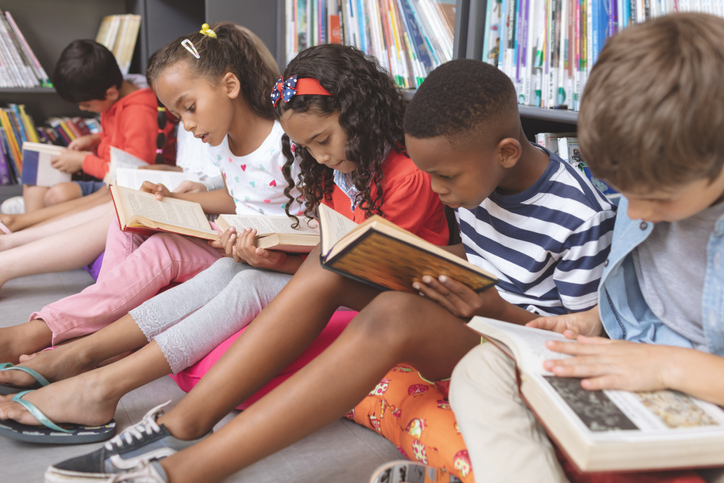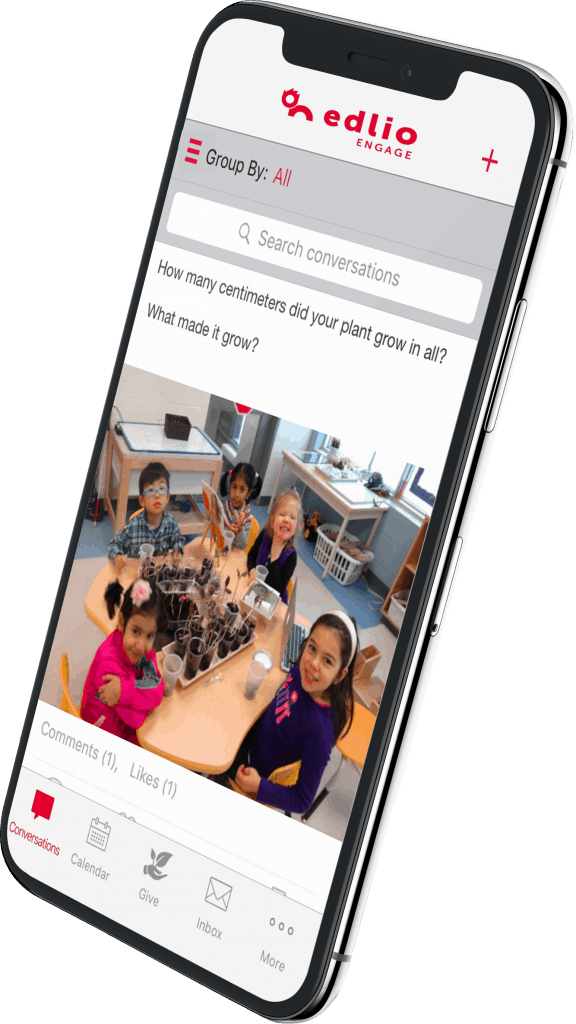
The Center for Open Educational Resources & Language Learning (COERLL) is one of 16 National Foreign Language Resource Centers (LRC’s) funded by the U.S. Department of Education. The overall mission of these federally-funded centers is to improve the teaching and learning of foreign languages by producing resources (materials and best practices) that can be profitably employed in a variety of settings.
COERLL’s work is organized around seven basic areas:
- Applied linguistic research
- Teaching materials
- Language assessment
- Teacher development
- Less commonly taught languages
- K-12 initiatives
- Outreach and dissemination.
Mission
COERLL’s mission is to produce and disseminate Open Educational Resources (OER) for the Internet public (e.g., online language courses, reference grammars, assessment tools, corpora, etc.). The term OER refers to any educational material offered freely for anyone to use, typically involving some permission to re-mix, improve, and redistribute. Thus, COERLL seeks to promote a culture of collaboration that lies at the heart of the Open Education movement. In addition, COERLL aims to reframe foreign language education in terms of bilingualism and/or multilingualism. As such, all COERLL resources strive to represent more accurately language development and performance along dialectal and proficiency continua.
Upcoming Events
OER Hangout: Creating inclusive open resources for language learning
Feb. 19, 2020 –
4:00 pm to 5:00 pm
Online in Zoom
Webinar
Partner Event | Universal Design for Learning 101: What Is It?
Feb. 25, 2020 –
11:30 am to 1:00 pm
Workshop
OER Hangout: Talk to teachers who have adopted and adapted OER
Mar. 04, 2020 –
6:00 pm to 7:00 pm
Online in Zoom
Webinar
Partner event | Introduction to OER Workshop
Mar. 05, 2020 –
9:00 am to 12:00 pm
PCL- Perry-Castaneda Library
Workshop
OER Hangout: Making your language curriculum more inclusive
Mar. 12, 2020 – 3:30 pm
Online in Zoom
Webinar
OER Hangout: Searching and Publishing in OER Repositories
Apr. 15, 2020 –
12:00 pm to 1:00 pm
Online in Zoom
Webinar
Get Your Students Speaking! Intentionally Raising Oral Proficiency in the Language Classroom
Jun. 24, 2020 –
9:30 am to 3:00 pm
The University of Texas at Austin
Workshop
Effective methods to advance Heritage Spanish teaching
Jun. 25, 2020 – 9:00 am to Jun. 26, 2020 – 1:00 pm
The University of Texas at Austin
Workshop













